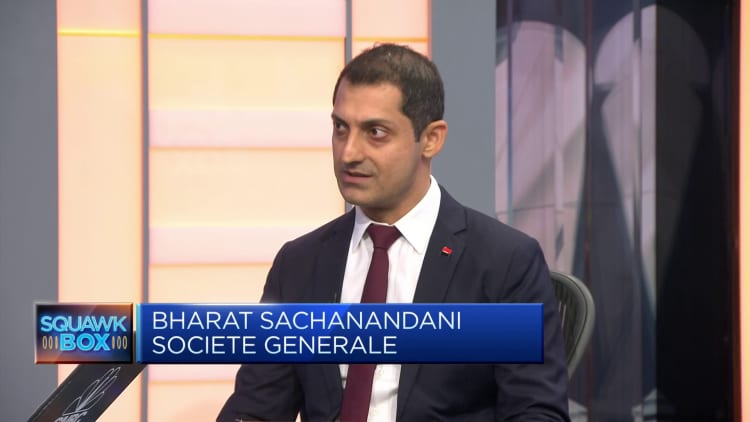Japan will provide as much as $1.8 billion in subsidies for a slate of storage battery and chip-related projects, Industry Minister Yasutoshi Nishimura said on Friday, marking Tokyo's latest push towards greater supply chain security.
The government plans to give up to 184.6 billion yen ($1.38 billion) in subsidies for eight storage battery-related proposals and up to 56.4 billion yen for two semiconductor-related projects, Nishimura told reporters.
Among the proposals that it will subsidize is a plan by automaker Honda and battery maker GS Yuasa to invest about 430 billion yen to boost storage battery production, with the ministry providing up to 158.7 billion yen in subsidies for the project.
"We have great expectations that this will lead to the stable supply of storage batteries and the promotion of GX (green transformation)," Nishimura said.
In a statement, Honda, GS Yuasa and Blue Energy, another battery maker, said they planned to start production in April 2027 and would start mass production in October 2027.

They said they would start by building a new plant that would target a production capacity of at least 20 gigawatt hours, but did not specify a location or give further details.
"We would like to respond to a wide range of battery demand in Japan, which is expected to expand in the future, mainly for BEVs (battery electric vehicles)," Honda Chief Executive Toshihiro Mibe said in the statement.

